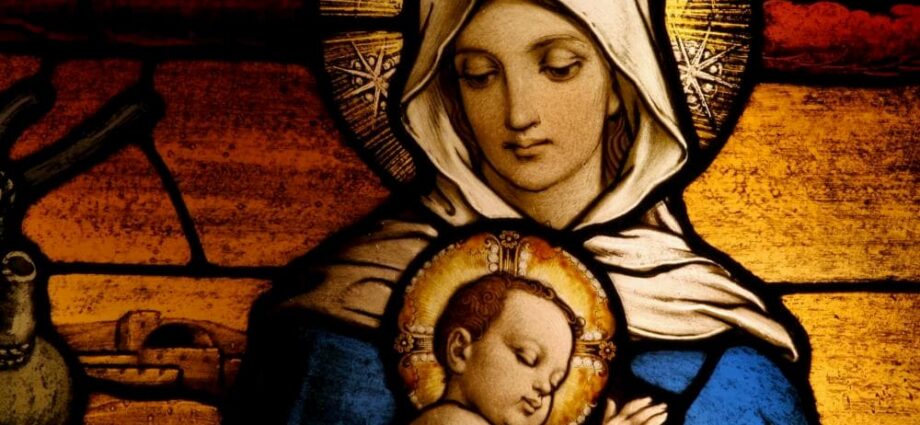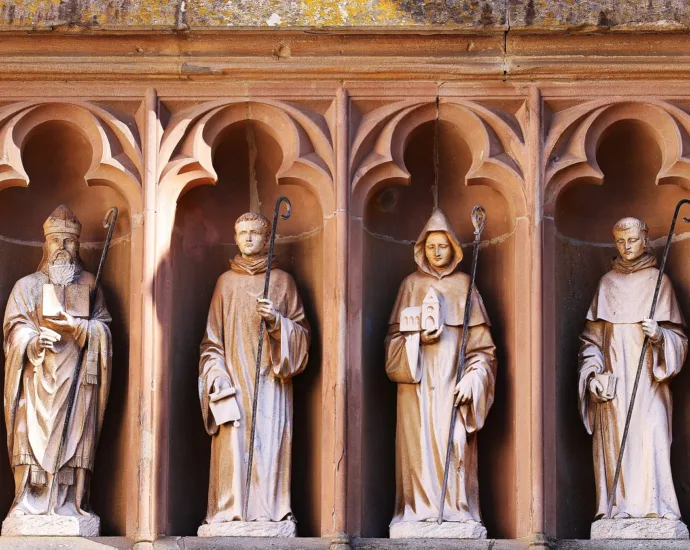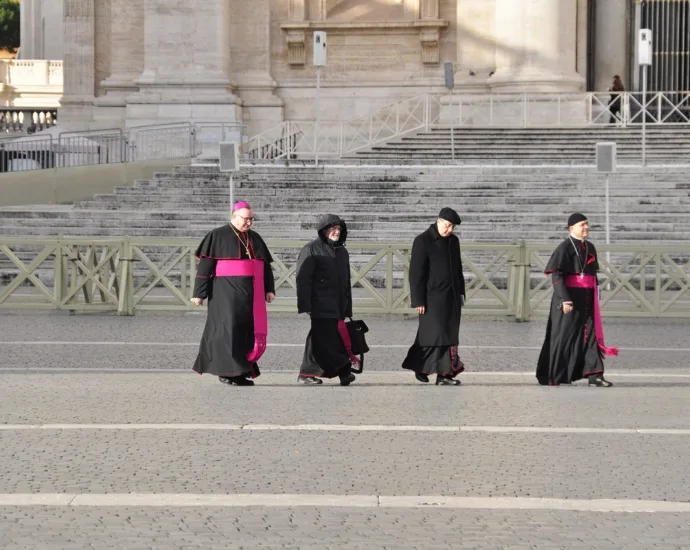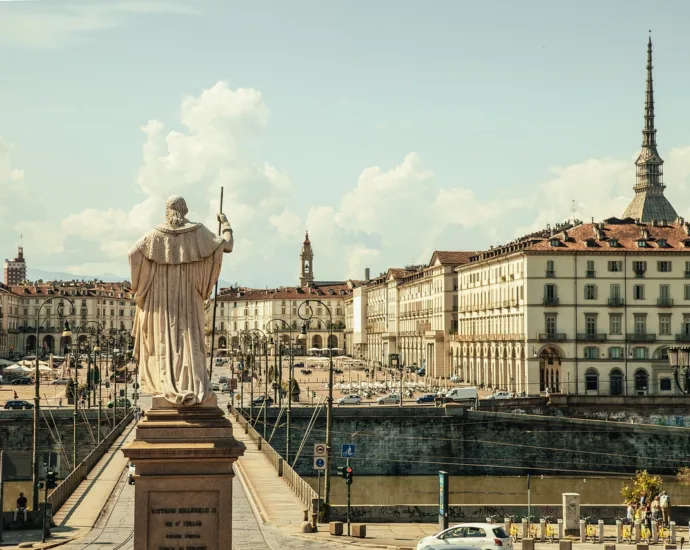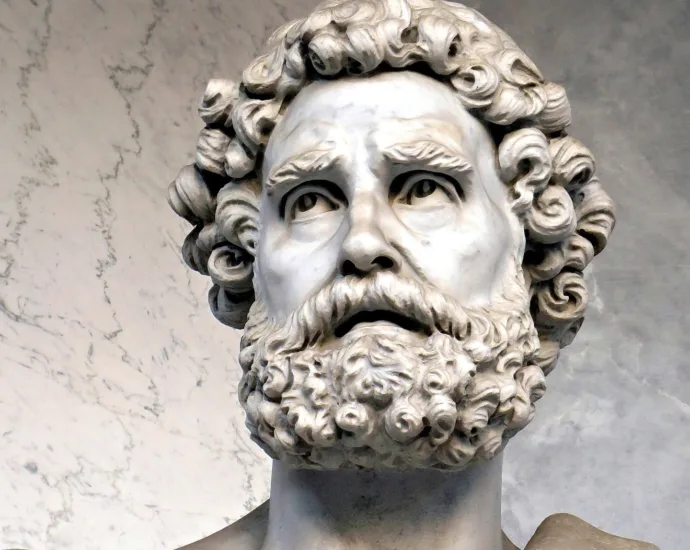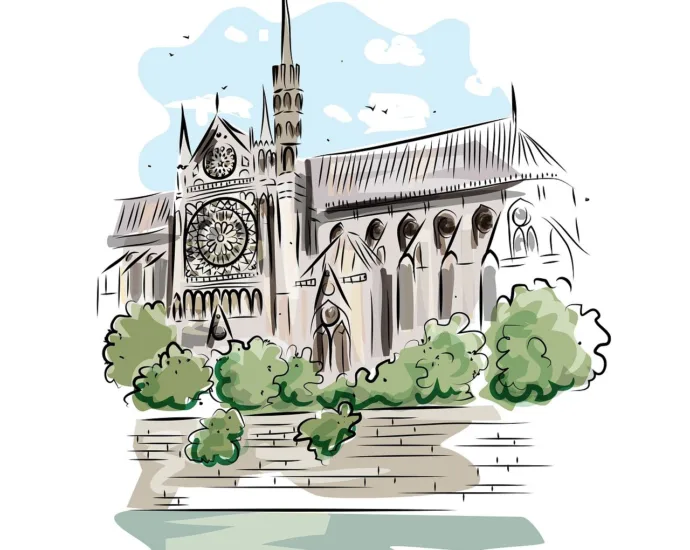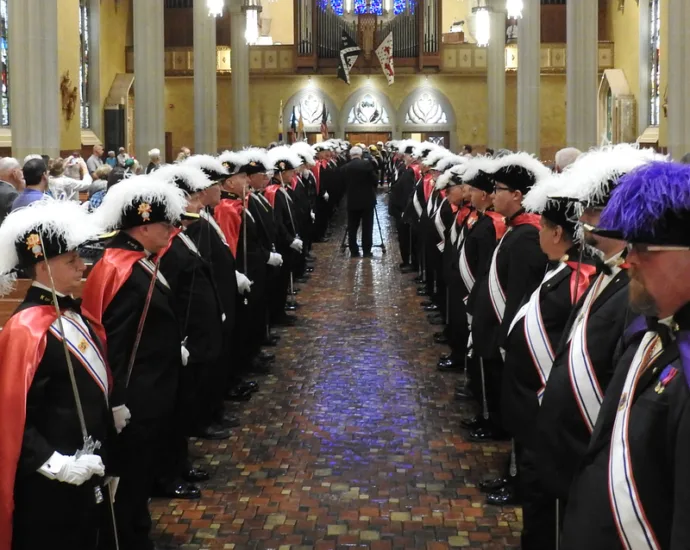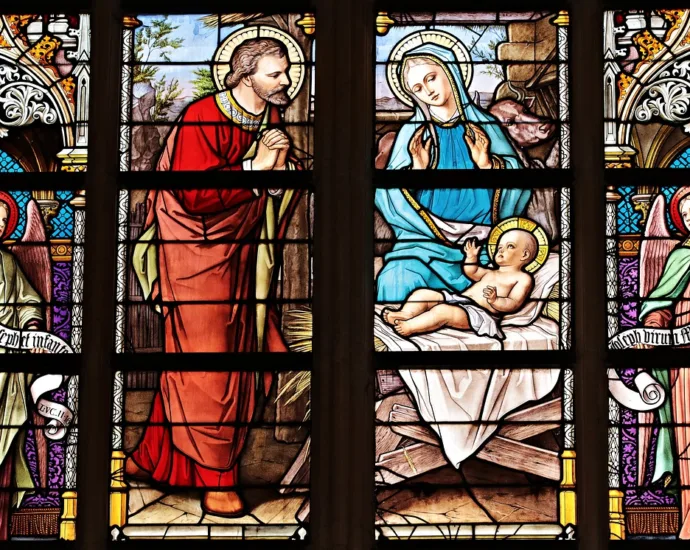Q147 Why does Mary have such a preeminent place in the communion of saints?
Mary is the Mother of God. She was united with Jesus on earth as no other human being was or could be – in an initimacy that does not cease in heaven. Mary is the Queen of Heaven, and in her motherhood she is quite close to us. [972] BecauseContinue Reading
